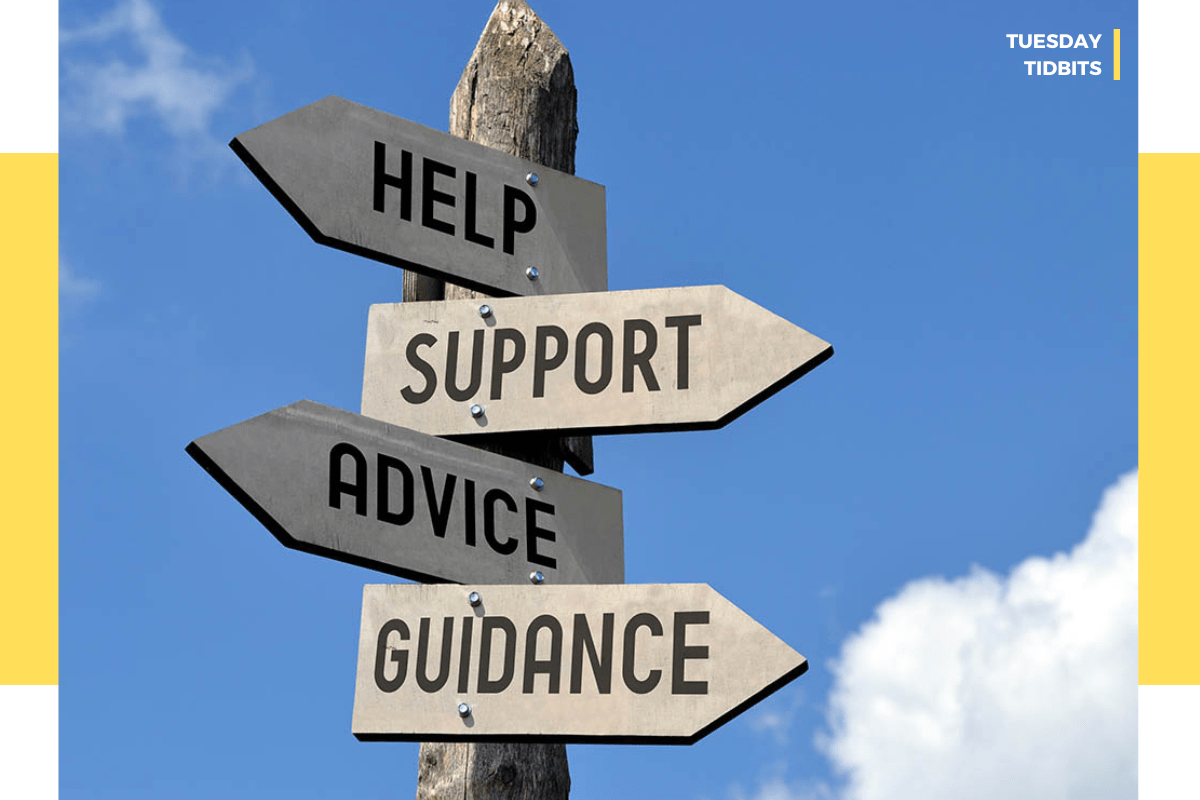Whether by looking at historical engineering disasters for what to avoid, or by studying feats of innovative engineering successes, it is clear that as engineers, we have much to gain from the knowledge of our predecessors, whether professional or personal. Knowledge sourced from our elders, colleagues, and sometimes even subordinates can help us sharpen our practice and creatively apply alternate methods to our work that we may not have otherwise considered.
As we move forward in our careers, certain pieces of advice often stick out in our memory as being especially impactful. We have asked several accomplished Professional Engineers to share some of theirs, and we encourage you to also share any advice given to you over your career that you carried with you. This is an opportunity to create a dialogue where we can look back on our growth and strengthen our resolve for forward movement.
Tell your story
What kind of advice have you been given that inspired your development as a professional? Feel free to share your thoughts.










I worked as a surveyor before starting engineering school. My party chief was a good teacher. One of the practices he emphasized was “Always double check your work, by an independent approach if possible.”
A lot of years will pass after your college days where you earned a difficult engineering degree, and a career as an engineer. You probably won’t remember all of the equations you learned in class. You’ll encounter new processes, new systems, new applications that must be learned as you go. I’ve always found it helpful to remind myself (and others) that no matter what that new process is, it must always obey the laws of physics. As a mechanical engineer, here are my Big 5:
1. Conservation of Mass. For example, if you have a dirty water system that requires filtration of the solids, those solids don’t just disappear by wishing them away. They go someplace, either to a place of your choosing – a properly designed filter – or to the most restrictive location in the system – i.e. the tubes of the oil cooler on your air compressor.
2. Conservation of Energy, or the First Law of Thermodynamics. Flow of energy, heat and work into and out of a process at steady state are always equal. If you are storing or losing energy within the system, temperature will be changing. It’s that simple.
3. Conservation of Momentum, or Newton’s 3 Laws of Motion. Any change in speed or direction of a mass requires the application of force.
4. Second Law of Thermodynamics. There are always losses. Every energy conversion process is inefficient. A sterling current example: hydrogen as a fuel source. Because of the 2nd Law, we can never get back as much energy from burning hydrogen as it took to separate it from whatever hydrogen-bearing chemical it came from. It is a net loss, and there is no way around that fact.
5. Principle of Exclusive Design. As soon as you design any physical item to be or do something, you have by definition designed it NOT to do everything else. A house is not a car. A pump is not a window. Even the Creator constrains Himself by this: a fish is not a bird; a rock is not a tree. Engineering design typically involves compromise between competing needs. Understand what is primary, and design for best performance of that objective.
– Words to live by: Remember, you are number two.
That’s from Stan Jaskolski, Dean Emeritus of Marquette University College of Engineering (deceased).
– When designing something, go talk to the guys on the shop floor who will machine, weld and assemble it. They know more about their domain and what works best (or not) than you ever will. Expect some pushback at first as many aren’t used to engineers asking questions, but remember you’re all on the same team.
– Bonin’s Law No. 1: Most companies make a profit in spite of their best efforts.
It’s amazing how true that is if you think about it. It’s my contribution to Murphy’s Laws.
After nearly four decades of working as an engineer, here are a few suggestions that I have for anyone currently working in the engineering field:
1) If you’re developing any project of complexity, start by first making a written specification of what the requirements for your project are and be sure to identify how you will validate its success.
2) Never stop learning new things about your chosen field AND related fields of your chosen discipline.
3) Become a member of a professional society to avoid ethics issues, maintain focus and enhance your leadership skills. This is best achieved by acquiring PE licensure.
Follow this advice and I believe your career will blossom!
The best advice I have comes from the Cub Scout Motto, “Do your best”. Always. Also, check your work. In this day of calculators it is easy to enter an incorrect number by commission or omission. Check your input.
From an accountant never the less…….” If I can’t find time to do it right, how will I ever find time to do it over?”
Having spent over 35 years in public service as a Public Works Director and City Engineer these are the main foundational principles I learned to practice for success, a productive career:
1. Make sure you know who or what your project is for, and understand what that means. Generally public works is meant to serve people or the natural world, and they are intertwined. Be aware of the impact your project/work will have on people, the environment – the natural world.
2. Learn to listen to people, really listen – don’t be kindly waiting for them to finish so you can speak. Think about what they are saying so that you best can understand what they are saying. Sometimes their meaning is hidden and will be missed if you aren’t paying attention. Besides, a lot can be learned from listening, rather that speaking.
2. Maintain integrity, no if’s, and’s or but’s. In 30 years of working closely with elected officials and the public I never wanted to lie or mislead, and never found it necessary to. Be honest, period.
3. While the engineering of projects is VERY satisfying, work to find satisfaction in a project that meets the needs of society, of people and the natural environment.
4. Don’t get stressed or discouraged – your ability to solve issues decreases when that happens.
5. Enjoy working with people, and show that you do. Have fun.